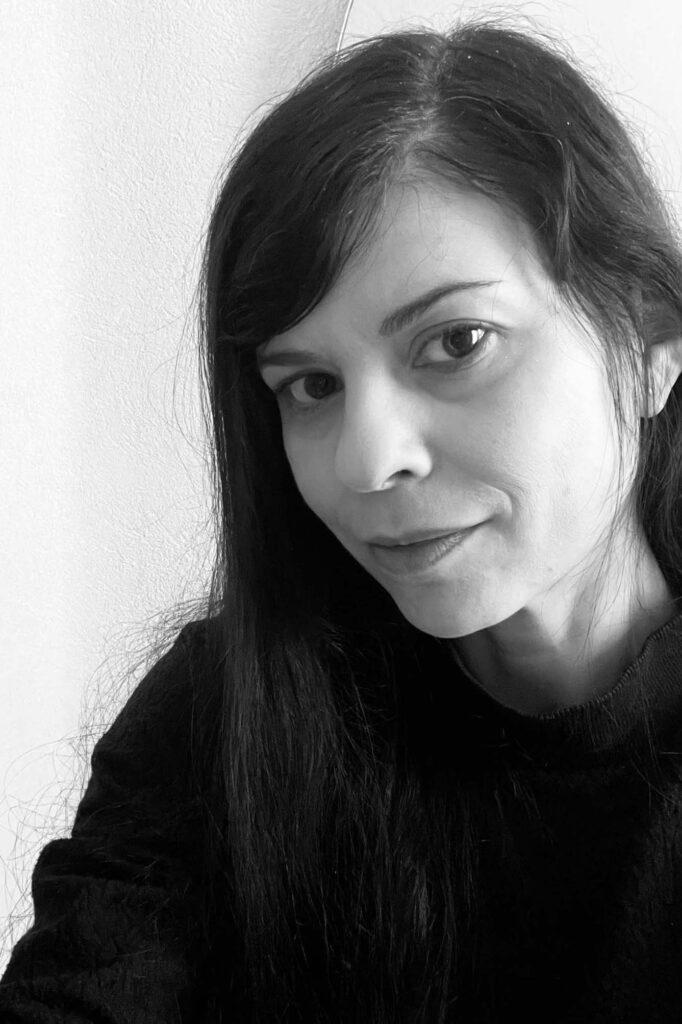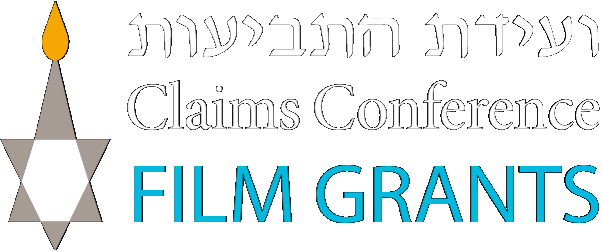
Honso (Documentary)
About the Director
Sigal Zegman is a director and multidisciplinary artist working at the intersection of cinema, literature, and visual art, exploring how charged landscapes — geographic, political, and emotional — shape human experience. Her current film blends archival materials, poetic scenes, and the tactile world of puppetry. Zegman has collaborated as a cinematographer on award-winning films such as The Life and Death of Tatiana Haikin (Kan 11, Docaviv), Soft Sign (winner at international festivals), Taqi (multi-award winning), and Butterflies (screened at the ANU Museum). Her work also includes museum retrospectives and contemporary dance projects, as well as filming along the Ukraine border during wartime, and creating intimate portraits within complex realities in Israel. She holds an MFA in Film Directing from Tel Aviv University, a Screenwriting Diploma from the Sam Spiegel Film School, and a BA in Comparative Literature and Psychology with Dean’s Honors.
Synopsis
After WWII, Honso, a Czech-born Zionist master puppeteer, is sent by the Jewish Agency to perform for Holocaust survivors in Europe’s DP camps. Realizing his show is unsuited, he created a new Yiddish marionette play with survivors. In rehearsals, the marionettes mirror their inner worlds; in performance, those worlds meet the audience, voicing the dilemmas of displaced people seeking orientation. Later staged in 44 camps, it was a thread to grasp in a life rebuilt.
Director’s Statement
I am drawn to this project through my deep connection to the history of Europe’s Displaced Persons camps – a chapter rarely acknowledged in cultural memory. These camps were not only places of survival, but spaces suspended between loss and the possibility of a new life. I have long been engaged with the “in-between” – that liminal state where identities are unsettled, homes provisional, and the future uncertain.
Honso began working with marionettes in Palestine, driven by nostalgia for the Czech tradition in which he was raised – an art form weaving together craftsmanship, social critique, carnival, and magic. In the DP camps, he collaborated with survivors on their version of The Fool King in Yiddish – a language pushed to the margins in Jewish culture in Palestine, but here serving as a living connection, carrying memory, humor, and resilience. Displaced persons, immigrants, pioneers, and survivors mirrored one another – all living in-between, searching for belonging, asking where “home” might be. Honso became a cultural bridge, placing his marionettes at the heart of that conversation.
The film interlaces archival footage, live actors, and marionettes – drawing from Honso’s personal archive and historical materials from the DP camps. The marionettes form an inner theatre, reflecting his memories and those of the people he worked with. They are not only a means of artistic expression, but a dramatic device symbolizing control and revival; pulling the strings offered survivors a way to reclaim agency in a world whose stability had been shattered.
Ultimately, the film seeks to restore a moment in history where survival and creativity met, and where the act of making – pulling the strings – became a way to hold on, to connect, and to imagine life beyond the ruins.
